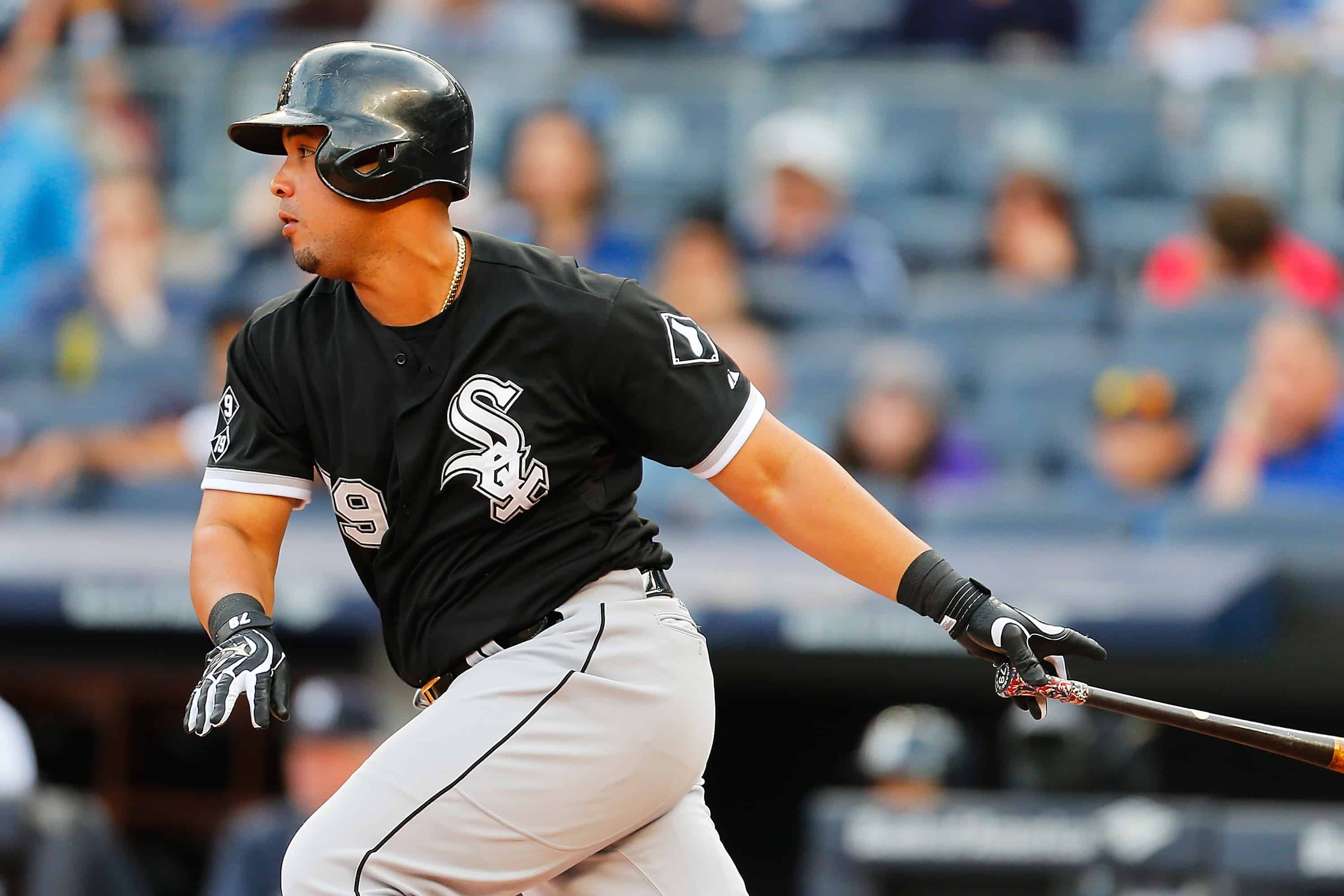HAVANA, Cuba – Cuban MLB baseball stars José Abreu and Yasiel Puig returned home Tuesday for the first time since defecting to join the American big leagues, part of an unprecedented Major League Baseball tour made possible by the thaw in U.S.-Cuban relations.
Baseball is a shared passion in the United States and Cuba, but also a source of acrimony in their decades-long estrangement.
To play under the bright lights of an MLB stadium, Cuban stars have to abandon their homeland, as did Chicago White Sox first baseman Abreu in 2013 and LA Dodgers outfielder Puig in 2012.
Both returned home for the first time since then, with an MLB delegation hosting workshops and meeting with Cuban baseball officials on a four-day tour of the communist island.
Jose Abreu and Bryan Peña at the same press conference in Havana. pic.twitter.com/Uc8H56QdpJ
— Pedro Gomez (@pedrogomezESPN) December 15, 2015
The trip comes as Washington and Havana mark the first anniversary of the historic rapprochement announced by presidents Barack Obama and Raúl Castro on Dec. 17, 2014.
Since then, the two countries have restored diplomatic ties, reopened embassies in each other’s capitals and taken other steps to patch up their relationship after decades of Cold War animosity.
See: PHOTOS: Cuba, US reopen embassies to end 54-year estrangement
But Cuban ballplayers still cannot play in the United States without fleeing, which the Cuban government classifies as illegal.
MLB has organized events in Cuba in the past, including a 1999 exhibition game between the Baltimore Orioles and the Cuban national team.
But this is the first time that players who defected have been allowed to return.
The delegation also includes Cuban-born player Alexei Ramírez, a free agent who left Cuba legally by marrying a Dominican in 2007.
Some 20 Cuban-born players are currently active in the Major Leagues.
Several non-Cuban stars are also along for the trip, including Miguel Cabrera of Venezuela, Nelson Cruz of the Dominican Republic and American Clayton Kershaw.
The delegation is led by Hall of Famers Joe Torre, the MLB’s chief baseball officer, and Dave Winfield, of the MLB Players’ Association.
“Major League Baseball is very fortunate to have an opportunity to play a constructive role in the improvement of our country’s relations with Cuba,” MLB Commissioner Robert Manfred said in a statement.
“Baseball represents a pivotal common bond in our cultures, and the impact that Cuban ballplayers have made on our game is undeniable. I am hopeful that this tour will represent the beginning of a longstanding relationship.”
MLB has said it hopes to organize pre-season games in Cuba next year, as it used to do until 1960, the year after the Cuban Revolution.
The journey begins for @79JoseAbreu, who is joining other @MLB players on a goodwill tour of Cuba. pic.twitter.com/vaIS2sY5RM
— Chicago White Sox (@whitesox) December 15, 2015
Long estrangement
The delegation is scheduled to give a press conference at 4 p.m.
Abreu, who signed a $68-million, six-year contract with the White Sox in 2013, has a 5-year-old son in Cuba he has not seen since defecting.
Puig fled by boat via the Bay of Pigs with the help of people-smugglers.
The Cuban government has reportedly agreed to allow them to visit with family members at their hotel.
Alexei Ramirez signs a No. 10 jersey worn by White Sox fan Rauol Gomez of Havana, who watches games on TV. pic.twitter.com/giKGeeUdG8
— David Haugh (@DavidHaugh) December 15, 2015
The homecoming will be almost as sweet for Cuban fans, who watched these players develop as young talents but have never seen them in their prime.
“To be able to see these stars again who came up in our country and are now shining at the highest level of baseball in the world, like Abreu and Puig, will be magnificent,” local fan Pedro David told AFP.
Cuba’s national baseball commissioner, Heriberto Suárez, has said the game is being “lacerated” on the island by defections and attempted defections. More than 100 players have defected this year or found a way to leave legally, like Ramírez.
Castro’s government began allowing athletes to sign with foreign teams in 2013, for the first time since 1961. About a dozen baseball players have signed with teams in Mexico, Japan, Canada and Colombia.
But the trade and financial embargo the U.S. has imposed on Cuba since 1962 still means Cubans cannot play in the United States without fleeing.






